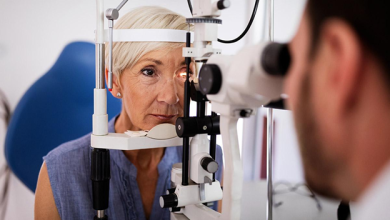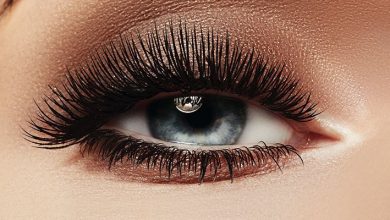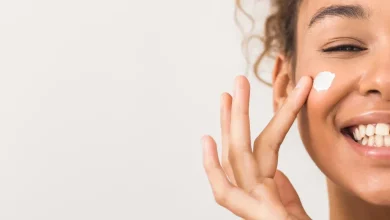How General Dentists Help Treat Sleep Disorders

Sleep issues can impact every facet of your life. But did you know your dentist can play an essential role in treating them? It’s true. Invaslign austin is just one example of how general dentists can help manage sleep disorders. This blog will explore the role of dentists in diagnosing and treating sleep problems. We’ll understand how dental health intersects with good sleep. Let’s discover how a visit to your dentist might be the key to a good night’s rest.
The Intersection of Dental Health and Sleep
Our mouth plays a vital role in sleep. Sleep disorders, like sleep apnea, are often linked to dental issues. For instance, an overbite can lead to obstructed airways during sleep. This leads to poor sleep and fatigue.
The Role of Dentists in Sleep Disorder Treatment
Dentists have the skills to identify sleep disorders. They look for signs during your regular check-ups. With the help of an experienced Mequon dentist, these signs can range from teeth grinding to inflamed gums. If they find any, they can refer you to a sleep specialist.
Moreover, dentists can treat some sleep disorders. Treatments like Invisalign can correct misaligned teeth. This correction can lessen sleep disturbances like sleep apnea.

Benefits of Getting Sleep Disorders Treated By Dentists
There are several benefits to treating sleep disorders with dental procedures. Here are three main ones:
- Comfort: Dental devices used for sleep disorders are usually comfortable. They are custom-made to fit your mouth.
- Non-Invasive: Most dental treatments for sleep disorders are non-invasive. You don’t have to worry about surgeries or extensive procedures.
- Effective: Dental treatments have proven effective in managing certain sleep disorders. They can significantly improve the quality of your sleep.
Conclusion
Your dentist plays an essential role in managing sleep disorders. Regular dental check-ups can help detect any warning signs early. If you suffer from sleep issues, consider talking to your dentist. You might just find the key to a good night’s sleep.
For more information on this topic, you can refer to the studies on dental health and sleep disorders published by the American Dental Association and the National Institute of Neurological Disorders and Stroke.





